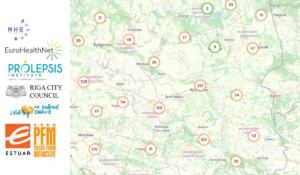31 March 2023
mentality
Stay connected
Get our latest news, personal stories, research articles, and job opportunities.
